Irony in music is cyclical (even if we can swear that those cycles take us lower and lower as a society the way we swear the lights are dimming in a theater minutes before the house goes dark).
I’m thinking about irony because the magic YouTube algorithm thought I might want to see David Bowie and Arcade Fire sing a moving rendition of Wake Up. They were right.
We’re just a million little gods causing rain storms
Turning every good thing to rust
David’s voice cracks through his tears. Butler sings with eyes closed and heart vulnerably open. The performance still strikes the same nerves it did when I first saw it. The year was 2005. YouTube and Facebook were just in their infancy. If my memory is right, the protective fog of the particular kind of vapid, pre-emptive irony in the social media age had not yet descended on our ethos.
Fast-forward to 2017.

David Bowie has now passed away. Arcade Fire releases Everything Now. Gone is Butler’s frangible earnestness. In its place is a relentless, trollish campaign decrying the excesses of our digital age, trapsing around obnoxiously as cultural critics, walking back tasteless jokes that went too far, and adding layers upon layers of irony to its music that, whether written in jest or confession, was as cruel as it was self-loathing.
Assisted suicide
She dreams about dying all the time
She told me she came so close
Filled up the bathtub and put on our first record
Saying God, make me famous
If you can’t just make it painless
Whether or not the public has gotten the message (and a lot of reviews (including their own fake-ironic review) show that many still don’t get the joke), Arcade Fire isn’t actually “serious.” They’re doing their version of method acting in the misguided hope that their social commentary hits home.
If you’ve been around as long as I have, you’ve seen this act before. If irony is cyclical in music, so is sincerity. The year was 1988. U2 had just released Rattle and Hum as a feature film. Bono’s lyrics brim with conscience and are peppered with sermonic rants about violence in Ireland and apartheid South Africa. With this and their subsequent advocacy efforts, U2 emerged as unlikely poet warriors of a new sincerity movement for their generation.
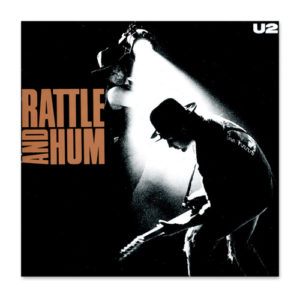
Ten years later, U2 released Pop—a critically panned album where U2 adopted the ironic persona of the complicit partner in the very consumer excess they were singing against. When they launched their album at K-Mart in character as “over-it” divas, it was clear that many simply didn’t get the joke (or if they did, it wasn’t funny anyway).
Incidentally, the Pop-Mart Experiment was particularly annoying to me because U2’s alter-ego Macphisto was still slurring the lyrics to some good songs and smirking around well past his welcome more than five years after his appearance in the Zooropa years.
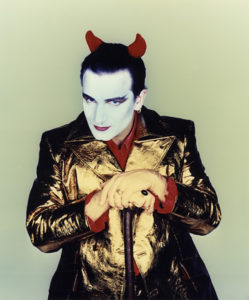
If U2’s return to conscience in the present is any indication, Arcade Fire will find their way out of the irony trap. At any rate, irony is passé (although I can’t yet say what has taken its place in the age of the Trump Administration). In the meantime, this moment in 2005 is a poignant reminder of simpler times in our not too distant past where popular music aspired after truth (however naïvely), extending its poor reach toward something authentic and good. At present, those days are gone, but I hope I’m alive long enough to see it come back.

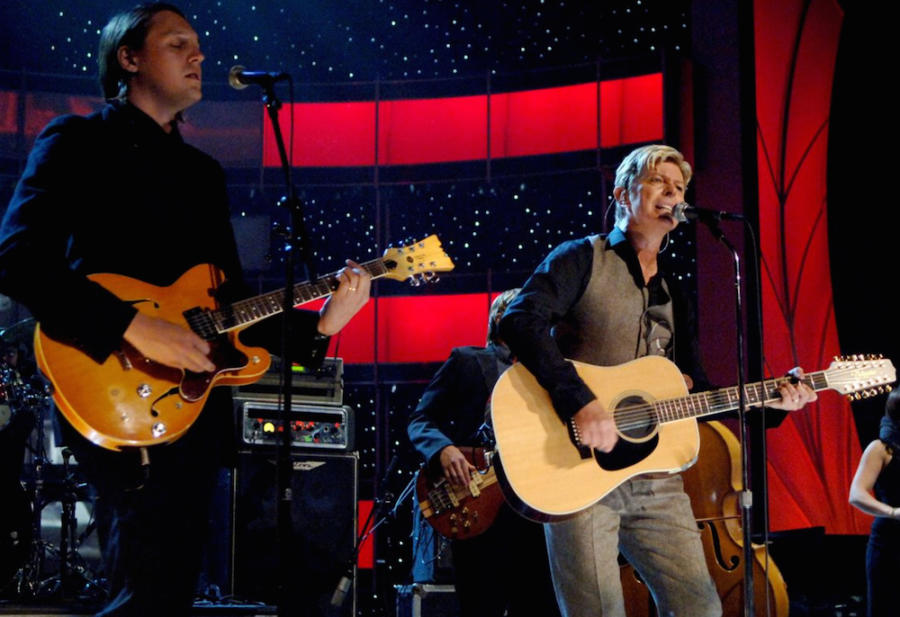

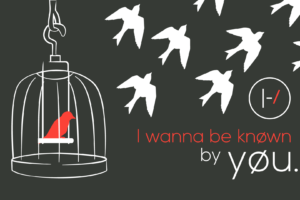
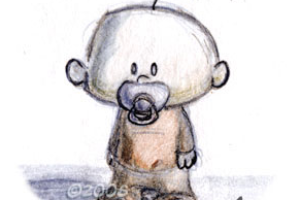
Leave a Reply
Your email is safe with us.